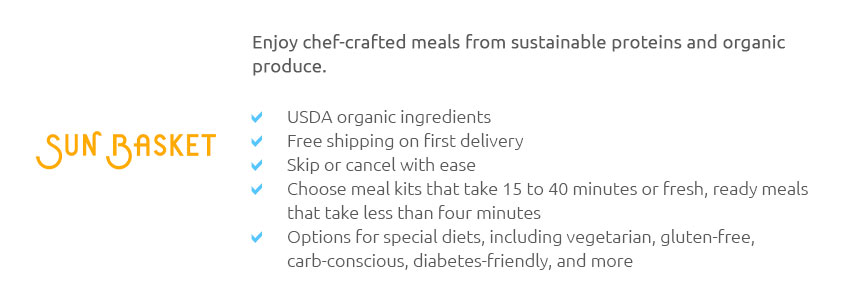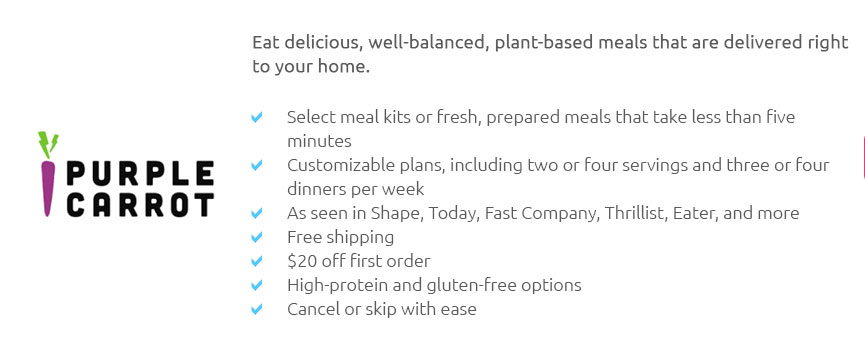 |
 |
 |
|---|
 |
|---|
 |
||||||
|---|---|---|---|---|---|---|
|
||||||
 |
 |
|||||
 |
 |
|||||
 |
 |
|||||
 |
 |
|||||
 |
 |
|||||
 |
 |
|---|
|
xrmwgylp35i Exploring the Benefits and Considerations of Organic Food Meal DeliveryThe world of organic food meal delivery has seen an unprecedented surge in popularity, driven by an increasing awareness of health, wellness, and environmental sustainability. As consumers become more conscientious about their dietary choices, the demand for meals that are both convenient and organic has risen. This trend reflects a broader movement towards sustainable living and mindful eating. But what exactly is driving this shift, and how can one navigate the myriad options available? In this comprehensive exploration, we delve into the key advantages of opting for organic meal delivery services, offering expert tips and practical advice for those considering making the switch. First and foremost, one of the primary attractions of organic food meal delivery is the promise of fresh, high-quality ingredients. Organic foods are grown without the use of synthetic pesticides, fertilizers, or genetically modified organisms, which many believe contributes to better health outcomes. These meals often boast a rich array of nutrients, derived from produce that is harvested at its peak ripeness, thereby ensuring maximum flavor and nutritional value. For those prioritizing health, this can be a compelling reason to choose organic. Environmental considerations also play a significant role in the decision to go organic. Organic farming practices are designed to reduce pollution, conserve water, reduce soil erosion, and increase soil fertility. They also use less energy overall. By supporting organic meal delivery services, consumers are indirectly supporting these environmentally friendly practices, aligning their dietary choices with their ecological values. However, it is important to approach the organic food market with a critical eye. Not all organic meal delivery services are created equal. While some companies are genuinely committed to sustainability and transparency, others may engage in 'greenwashing'-a practice where they claim to be more environmentally friendly than they actually are. To avoid falling prey to such tactics, it is advisable to research thoroughly. Look for certifications from reputable organizations, such as USDA Organic or the Non-GMO Project Verified seal, to ensure authenticity. In terms of cost, organic meal delivery can be more expensive than conventional options. This is often due to the higher production costs associated with organic farming. However, many find the price difference justifiable when considering the potential health benefits and environmental impact. For those on a budget, some strategies can help mitigate costs. For instance, subscribing to meal plans rather than individual meals often provides a more economical choice. Additionally, many services offer discounts for first-time users or provide promotions during certain times of the year.
In conclusion, organic food meal delivery presents a convenient and health-conscious option for those looking to enhance their diet with minimal effort. By selecting a reliable service, consumers can enjoy the dual benefits of savoring delicious meals while supporting sustainable agricultural practices. As with any lifestyle change, informed decision-making is key. Armed with the right knowledge and a discerning eye, transitioning to organic meal delivery can be a rewarding endeavor that nourishes both the body and the planet. https://sunbasket.com/?srsltid=AfmBOoosxspVT1vR16paI_icb-n71QiNIDfET2ojz11pi0_UIMduNpIc
We believe everyone deserves to enjoy good food made from clean, high-quality ingredients and organic fresh produce. Sunbasket offers healthy meals delivered, ... https://www.kooshigourmet.com/?srsltid=AfmBOopvx_DnVaATpAkZlitBuR1gCodNsqZTpbFoUIMkkqFajn8EzX8F
Prepared meal delivery in Los Angeles just got easier. Enjoy organic meal prep delivery with healthy, fresh, gourmet meal plans delivered right to your ... https://www.bonappetit.com/story/best-meal-delivery-services?srsltid=AfmBOopxljPqXDhF0D9QjaPzrTmpav8H-VBUqRaRJ4WyKUoOZDizAzR5
Favorite meal they tested: Organic chicken breast with farro ... While many food delivery services emphasize 30-minute home-cooked meals ...
|
|---|


